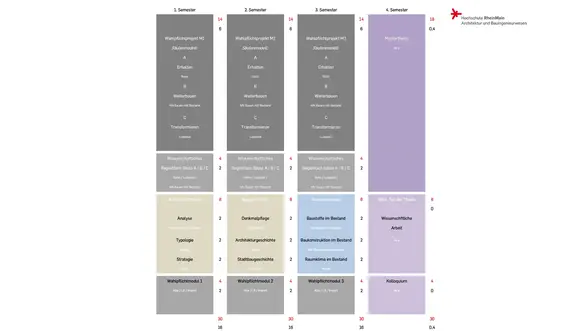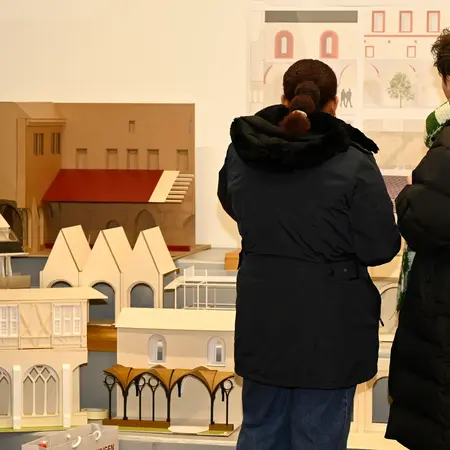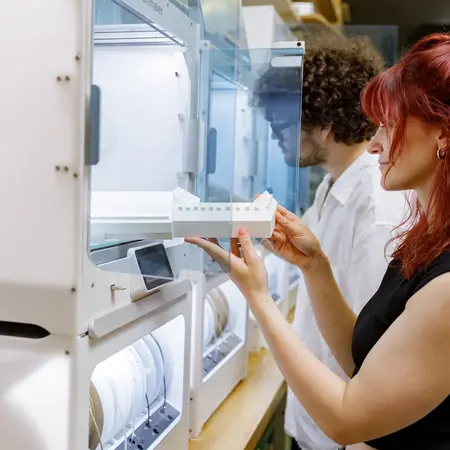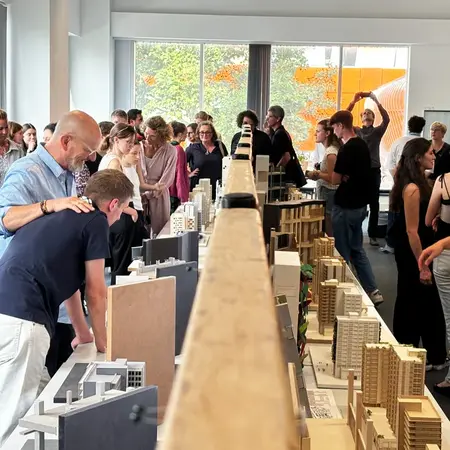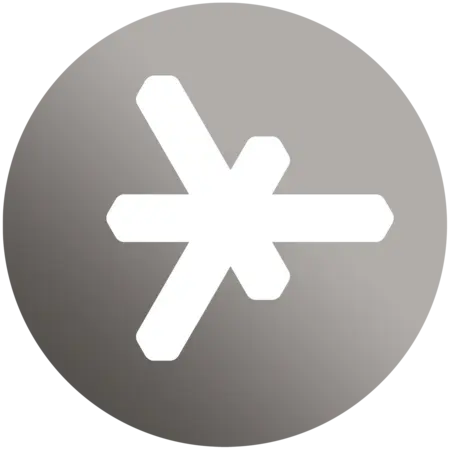Architecture
Building Revitalization and Transformation
What is it about?
In architecture, working with existing buildings is becoming increasingly important. The master’s degree program in Architecture | Building Revitalization and Transformation will turn you into a creative, critically minded individual with a high level of professional expertise. You will learn to develop ecological, economical, and socially responsible solutions to architectural challenges – grounded in research, rooted in practice, and focused on sustainability and the careful use of existing resources.
What can I do with it?
“Building Revitalization and Transformation” is assuming a key role in architectural practice, given the growing need to reduce resource consumption and respond to demographic changes – from converting residential buildings to repurposing administrative spaces to revitalizing entire urban neighborhoods. Working with existing structures means combining resource efficiency, environmental sustainability, and social responsibility – and our degree program prepares you to actively shape the future of construction. Preserving historic buildings is also a growing area of work for architects.
With a master's degree, you will be eligible to join the Chamber of Architects.
For degree-seeking students: detailed information on admission requirements, application deadlines, etc. can be found on the German page.
Course of study
The study plan offers you an overview of the content and specializations taught in each semester. You can also find further information on course content in the module handbook and the curriculum.
The curriculum for the winter semester of 2025/26 and the module handbook (PO 2025) apply with the new examination regulations (advance withdrawal; changes possible; available in German only).
